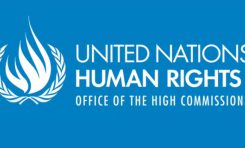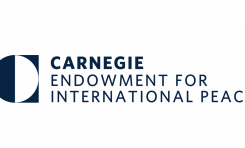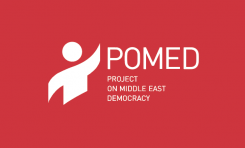May 7, 2018
Original link: https://www.amnesty.org/download/Documents/MDE1282572018ENGLISH.PDF
With torture rife and prison conditions falling far short of the international minimum standards for the
treatment of prisoners, there is a human rights crisis in Egypt’s prisons. Prisoners are subjected to
overcrowding, a lack of sufficient nutritious food, bedding and minimum hygiene and water and sanitation
standards, and poor ventilation and lighting.
Within this context, Amnesty International has examined the Egyptian authorities’ use of solitary confinement
as a tool to inflict additional punishment against, in particular, prisoners with a political profile. Through its
research it has found that solitary confinement for such prisoners invariably amounts to cruel, inhuman and
degrading treatment or punishment, and sometimes to torture. In some cases, such as Kareem Taha’s,
prisoners are also subjected to physical torture.
Since the toppling of former president Mohamed Morsi on 3 July 2013 and his replacement by President
Abdelfattah al-Sisi, the Egyptian authorities have rounded up tens of thousands of individuals. The
authorities have detained many of them based on their political affiliation or their involvement in protests, but
have frequently used trumped-up charges against protesters, such as using violence during protests, to
justify their detention. In late 2013, judicial authorities established specialized chambers within criminal
courts and courts of misdemeanours for trials related to violations of assembly and counter-terrorism laws.
These chambers became known as “terrorism courts” and have handed down hundreds of death penalties
and life sentences after grossly unfair mass trials.





Leave a Reply